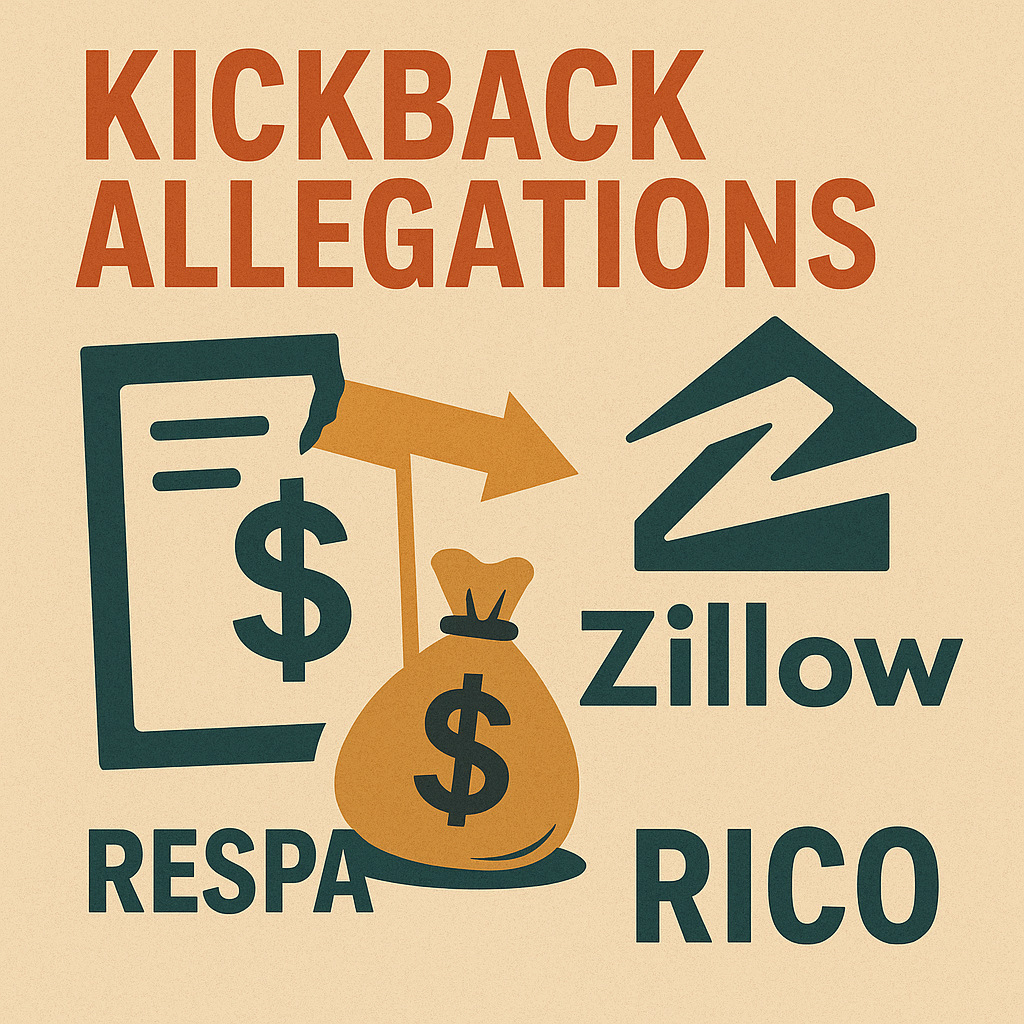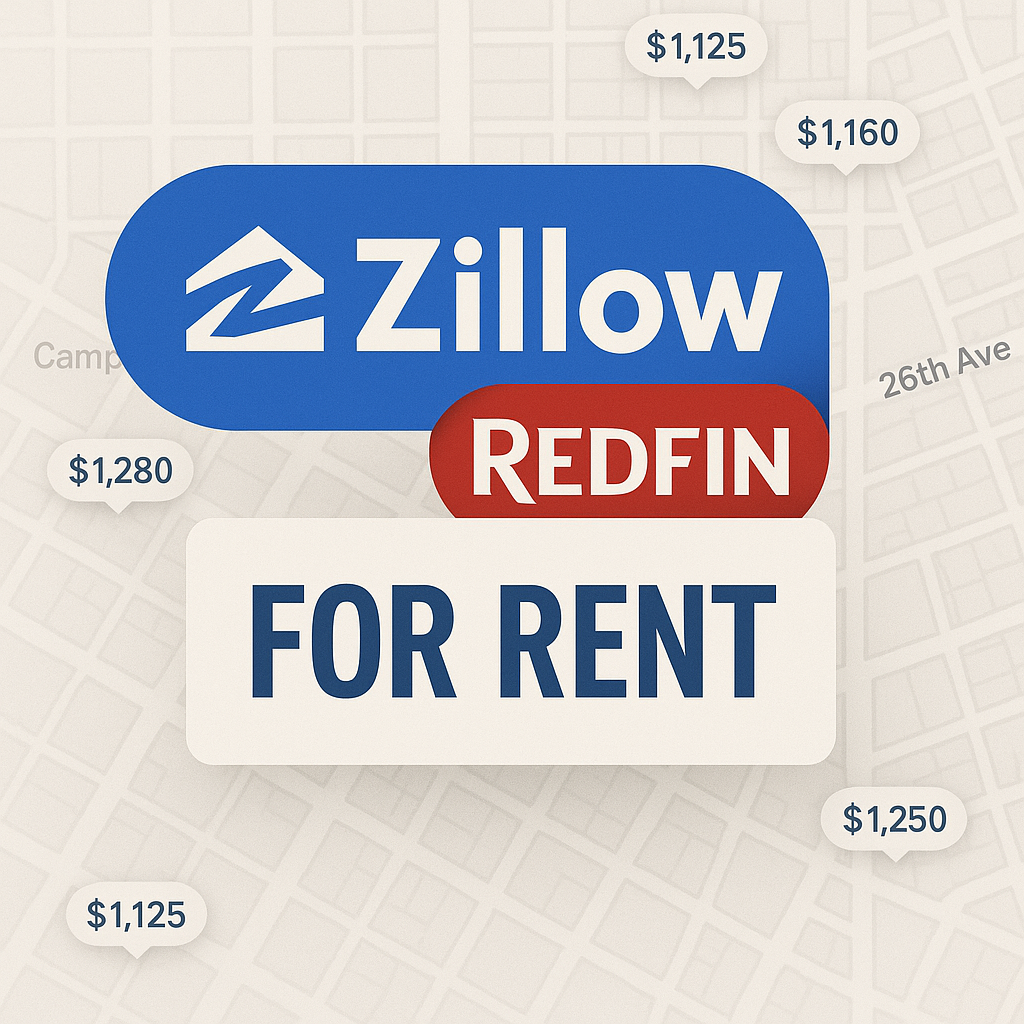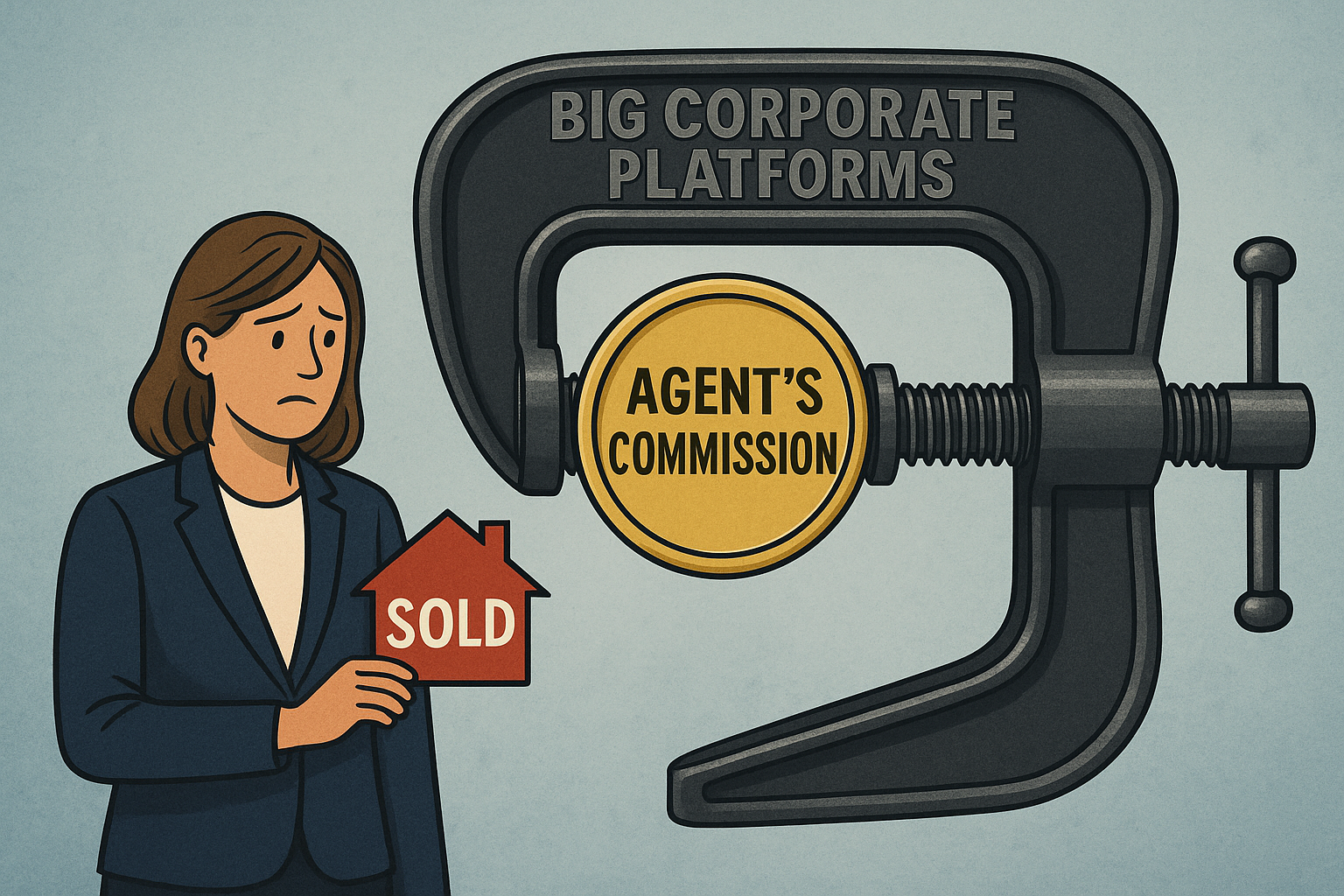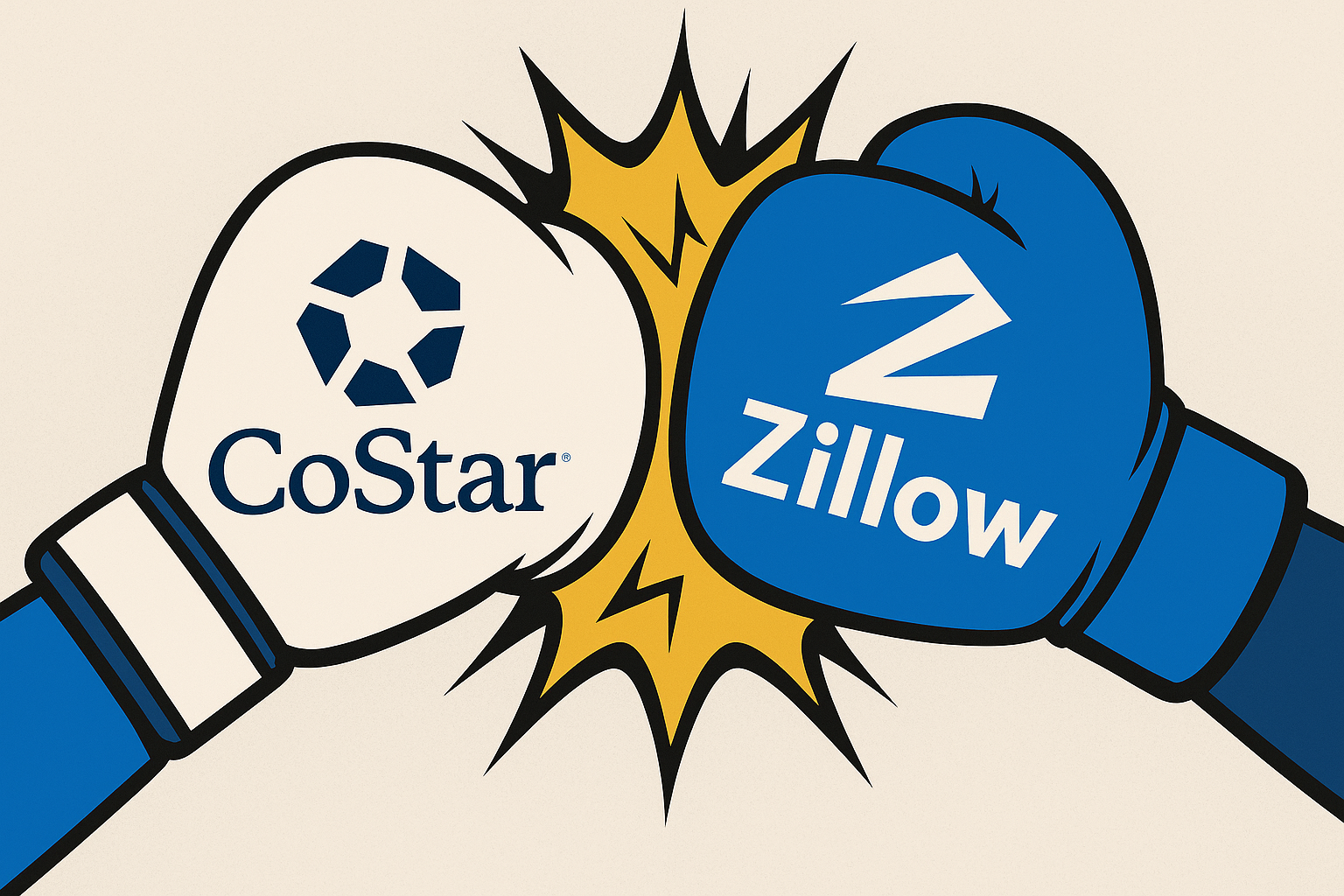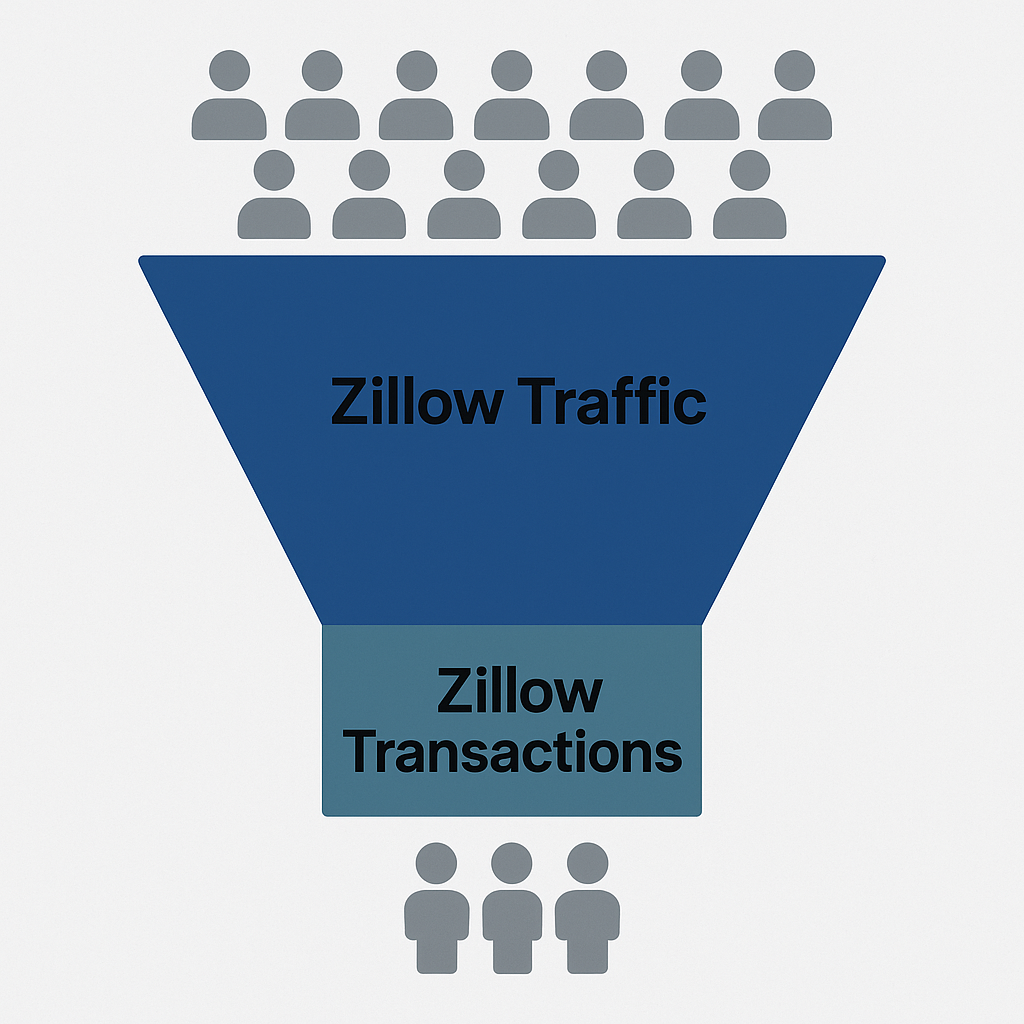
The Compass antitrust lawsuit against Zillow is heating up, and Greg Hague’s latest analysis puts an even sharper point on what’s at stake. I covered the legal filing last week, but Hague’s breakdown highlights just how transformative this case could be for the real estate industry. He’s right: this isn’t just about listing policies or portal preferences. It’s a fight over who controls the digital front door to homebuying—and whether innovation in marketing strategies gets crushed under the weight of a near-monopoly.
What Zillow calls a policy change for transparency, Hague frames as textbook exclusionary conduct. And it’s hard to argue with that lens when you consider the timing: Compass gains traction with its Private Exclusives and extended pre-MLS marketing, NAR adjusts the Clear Cooperation Policy to allow more flexibility, and suddenly Zillow drops a 24-hour rule that effectively bans listings that don’t play by its rules. It’s not about fairness to buyers; it’s about eliminating options that threaten Zillow’s lead-gen machine. The permanent nature of the ban, coupled with Zillow’s platform dominance, underscores the concern.
Read More
